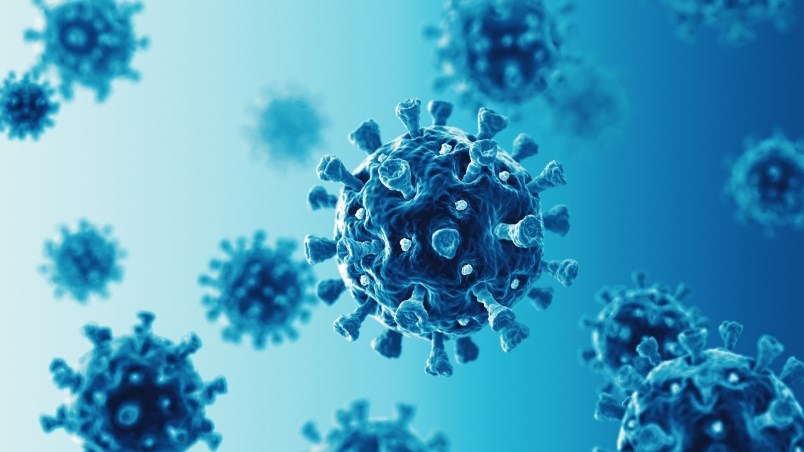Starting Thursday at 4 p.m., for the first time in 580 days, Manitoba will no longer under a provincial state of emergency for COVID-19.
The province's state of emergency order will lapse Oct. 21 and will not be renewed because "the order is no longer required to help the province protect Manitobans from the impacts of COVID-19," according to a Manitoba government news release.
The change does not affect public health orders, including the province-wide mask mandate in indoor spaces, travel restrictions and vaccination requirements for access to some spaces. Health orders will remain in place until at least Oct. 26, when the province's current set of health orders expires - though those orders may be extended or amended before that.
"Public health orders can continue to be issued through the Public Health Act without a declared province-wide state of emergency. The province can declare a new state of emergency if required in the future," reads the release.
The province's pandemic response system will also stay in place.
That state of emergency allowed for some changes beyond the provincial Public Health Act - namely, restricting staff movement between care homes - which were then incorporated into the Public Health Act. Other provisions included changing government reporting deadlines to allow for pandemic-related delays, giving additional aid to youths aging out of provincial care and allow for virtual meetings and other duties that usually require face-to-face interaction.
"The temporary suspensions were made to assist Manitobans in responding to difficulties created by the pandemic and are no longer required," reads the release.
Manitoba currently has 926 active cases of COVID-19 as of Oct. 21, with over a third of those cases in the Northern Health Region (NHR). Most of the 354 active cases in the NHR are in the Norway House (164) and Pukatawagan/Mathias Colomb Cree Nation (113) districts.
Manitoba Premier Kelvin Goertzen said the change is a sign of progress against the disease, but cautioned that lifting the state of emergency doesn't mean the pandemic is over.
“Nineteen months ago we declared a state of emergency to help protect the physical and financial health and safety of all Manitobans and reduce the spread of COVID-19 in our hospitals and in our communities,” Goertzen is quoted as saying in the release.
“As we continue to move toward a post-pandemic Manitoba, we want to remind everyone, although the state of emergency is expiring, COVID-19 is still here. With vaccination rates among the highest in the country with over 82 per cent of eligible Manitobans fully vaccinated, we can help control COVID-19, but it’s important that all Manitobans continue to follow the fundamentals that help us limit our risks.”
As of Oct. 21, about 86.4 per cent of eligible Manitobans (all people over age 12, as well as 11-year-olds who will turn 12 before Dec. 31) have at least one dose of COVID-19 vaccine. Almost 83 per cent of eligible Manitobans have both. Several northern health districts have higher than average vaccine uptake, with eight districts clearing the provincial average. The Flin Flon/Snow Lake/Cranberry Portage/Sherridon health district has among the lowest vaccine uptake in northern Manitoba, with 79.8 per cent of eligible people having had one dose and 75.5 per cent having had both.




